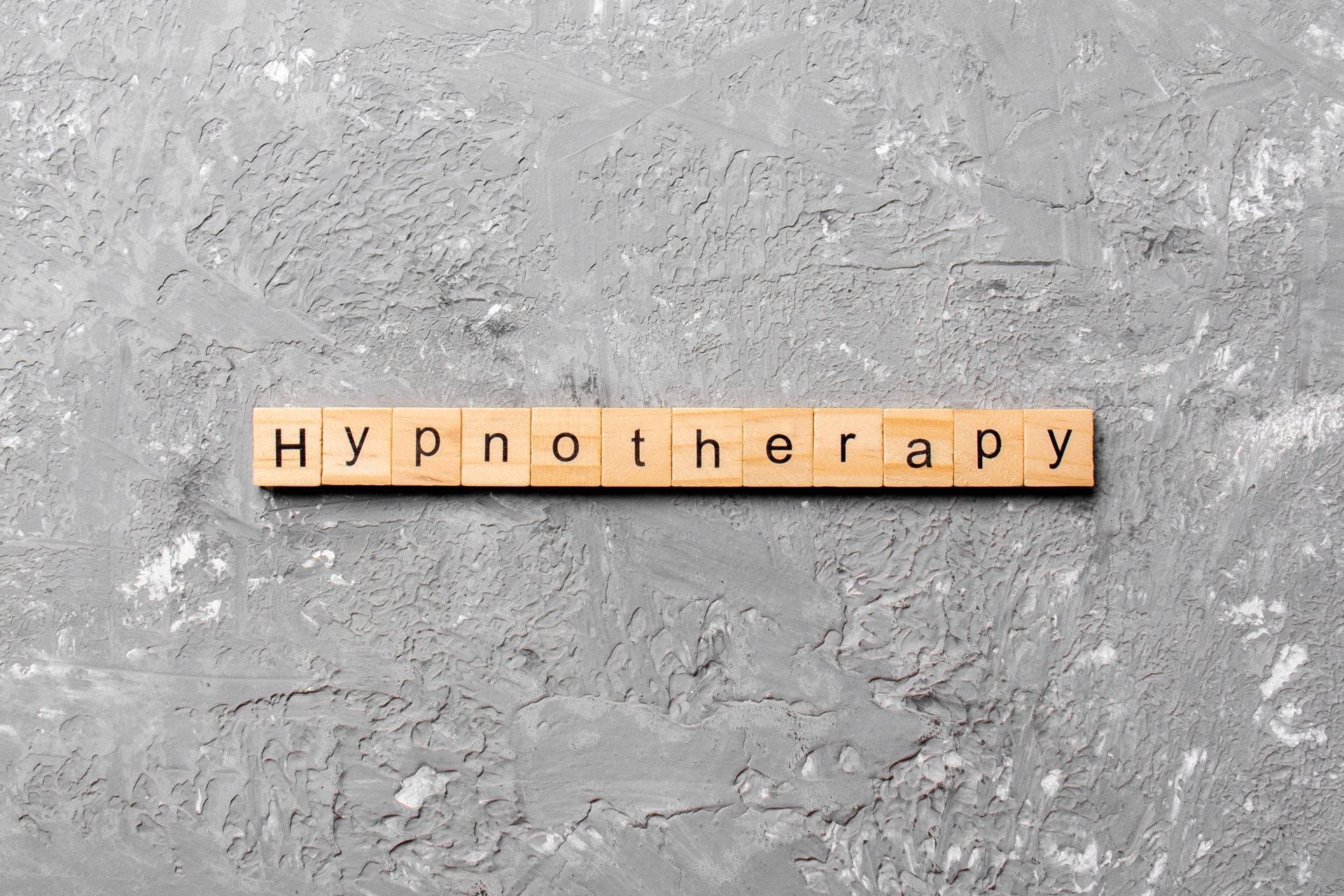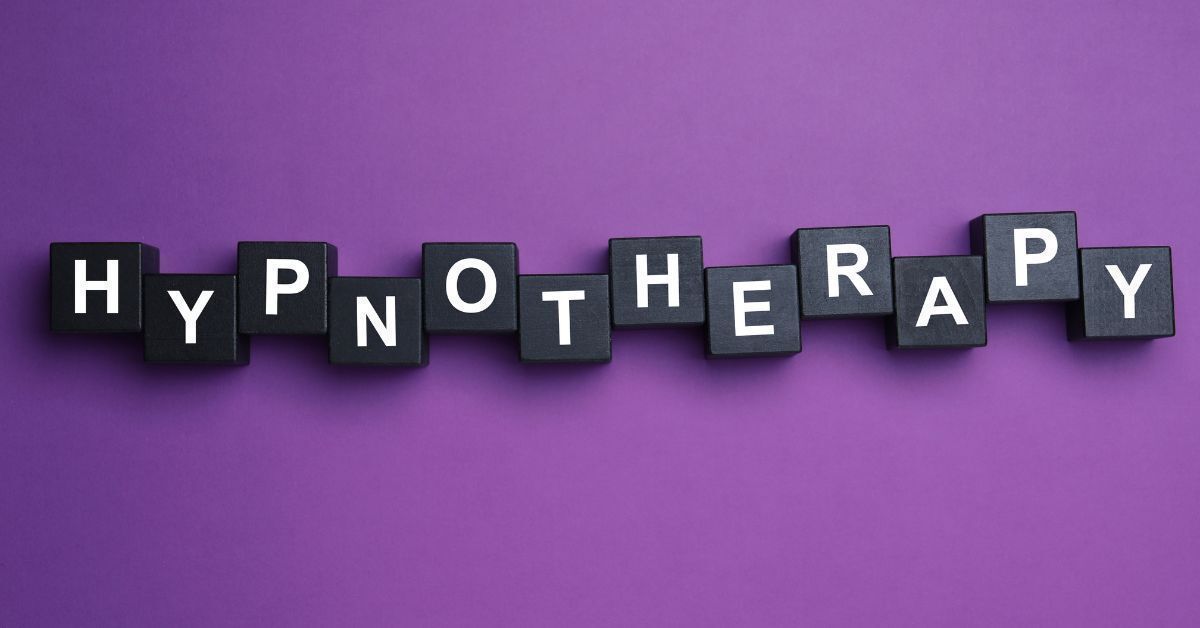The Role of Hypnotherapy in Rebuilding Trust and Self-Worth After Sexual Abuse and Trauma
Hypnotherapy is a powerful tool to help survivors of sexual abuse and trauma rebuild trust and self-worth. It can be used to help manage emotional pain, decrease intrusive memories, and assist with overcoming fear, guilt, and shame. Through hypnosis, survivors can gain insight into the underlying dynamics of their trauma experience in order to make effective changes in their lives.
This type of therapy can help them to reclaim their power and restore self-worth, allowing them to lead healthy, productive lives. In this blog post, we'll explore the role of hypnotherapy in rebuilding trust and self-worth after sexual abuse and trauma. We'll examine how it works, its benefits, and the importance of finding the right therapist. We hope you find this information useful and inspiring. By understanding how hypnotherapy can help, survivors can take positive steps toward healing and reclaiming their lives. Let’s get started!
1. Helping to Regulate Emotions
Hypnotherapy has been proven to help those recovering from sexual abuse and other traumas regain a sense of trust in themselves and their environment. Through hypnosis, individuals can access the parts of their subconscious that contain feelings, memories, and beliefs about the event that has caused them distress.
By reaching a state of relaxed awareness, people can reconnect to these experiences in a safe and contained manner that can be regulated with an emotional connection to the sights, sounds, or feelings associated with them. Once these feelings have been recognized and accepted, healing is much more likely to occur. Hypnotherapy is a powerful tool for helping individuals regulate their emotions so that they can move forward in their lives.
2. Re-Building Self-Worth and Confidence
One of the greatest challenges for those who have experienced sexual abuse and trauma is rebuilding their self-worth and sense of worthiness. Fortunately, hypnotherapy can be a powerful tool in this process, helping to build confidence and trust in oneself as well as a new outlook on life.
Hypnotherapy helps to address many of the emotional aspects associated with abuse and trauma, such as guilt, anger, shame, and deep-seated hurt. Using techniques such as guided imagery, regression therapy, positive affirmations, and relaxation exercises - hypnotherapy can help individuals let go of any negative thought patterns or behaviors they may have been dealing with since the traumatic event.
Hypnotherapy also provides valuable insight into identifying sources that create stress and triggers that cause anxiety or depression. Ultimately, through a combination of treatment approaches - hypnotherapy can help individuals affected by sexual abuse rebuild their self-worth, regain confidence in themselves, learn to trust again, and ultimately start living a life free from fear and pain.
3. Processing Trauma in a Safe Way
Hypnotherapy is an incredibly effective and safe way to process traumatic experiences, especially sexual abuse. By slowly acknowledging past events while in a hypnotic trance, clients are able to receive guidance and proper support during their healing journey.
This allows them to create a distance between the past and present by putting themselves in a more secure environment where they can feel safe and comfortable. Through this type of exposure therapy, deep-seated emotions are gently uncovered so that the clients might begin to rebuild trust in themselves and an understanding of their worthiness after such an emotionally damaging event.
It takes time for clients with trauma backgrounds, but hypnotherapy encourages them to take back control by becoming aware of the tools available at their disposal throughout the healing process.
4. Reframing Thoughts and Beliefs About Oneself
Hypnotherapy can be a powerful tool in the healing process for survivors of sexual abuse and trauma. Through the use of guided imagery, meditation, and visualization techniques, hypnotherapy can help reframe thoughts and beliefs about oneself.
With the right hypnotherapist guidance, one can learn to identify negative triggers and address them with positive self-talking or constructive thinking. Hypnotherapy can also help alleviate painful emotions associated with traumatic events while providing a safe space to reevaluate behaviors and experiences from a more mindful perspective.
In this way, trust and self-worth may be restored by cultivating new attitudes towards oneself that are more empowering and productive. The result is often improved mental health as a person learns to feel well again when facing trauma-related situations.
5. Recovering From Intrusive Memories or Flashbacks
Hypnotherapy is a powerful tool for helping those who have experienced significant sexual abuse and trauma rebuild trust and self-worth. By engaging the mind, hypnotherapy can enable individuals to access and process the emotions that they had disconnected from, allowing them to redevelop connections with their bodies thus improving overall well-being.
In addition, it can be used to bring relief in cases of intrusive memories or flashbacks, providing a safe space to work through deep-seated feelings which may have been previously suppressed. With the assistance of an experienced hypnotherapist, victims of sexual abuse and trauma can begin the process of healing, restoring trust and self-respect in order to move forward in life.
6. Learning New Ways of Managing Stress Levels
Hypnotherapy is a powerful tool for helping survivors of sexual abuse and trauma to rebuild trust and self-worth. It also provides effective ways of learning new methods of managing stress levels, as these are often heightened by a traumatic experience.
Through hypnosis, the individual can learn techniques that help them relax their body, clear their mind, and bring them into a place of safety. With guidance from the therapist, they can release old patterns or thoughts that keep them stuck in fighting or flight mode while replacing them with positive affirming ones that increase their personal self-worth.
With practice and guidance from a trained hypnotherapist, individuals can also learn tools to access this relaxed state on their own any time feelings of stress arise. In this way, hypnotherapy can be an integral part of the recovery process for survivors of sexual abuse or trauma seeking to rebuild trust in themselves and the world around them.
7. Developing Healthier Coping Strategies for Emotional Distress
Hypnotherapy is not just about relaxation, though it does make use of this technique. It can also be used to help survivors of sexual abuse and trauma develop healthier coping strategies for emotional distress. By accessing the subconscious mind, clients can explore past experiences and uncover associated emotions in a safe and contained environment.
This allows them to process the events in a meaningful way and work through their feelings without fear of judgment or recrimination. Through hypnotherapy, clients can learn tools to help them develop healthier coping strategies for dealing with emotional distress while also learning how to be more mindful and better regulate their reactions to triggers. This can be an invaluable part of the healing process as survivors begin to rebuild trust and self-worth.
Hypnotherapy is a powerful tool for helping survivors of sexual abuse and trauma to regain trust and rebuild self-worth. Through this type of therapy, individuals can access the parts of their subconscious that contain feelings, memories, and beliefs related to the event in order to make changes in their lives. It can also be used to help them learn how to regulate their emotions, rebuild self-confidence and trust in themselves, process the trauma in a safe way, reframe thoughts and beliefs about themselves, recover from intrusive memories or flashbacks, and develop healthier coping strategies for emotional distress.
8. Improving Overall Mental Health and Wellbeing
Hypnotherapy can also be used to help improve overall mental health and well-being. This type of therapy helps individuals gain insight into the underlying dynamics of their trauma experience in order to make meaningful changes.
It allows them to safely explore their emotions and develop healthier coping strategies for dealing with emotional distress. Hypnotherapy enables clients to process the events in a meaningful way and work through their feelings without fear of judgment or recrimination. Ultimately, it assists them in reclaiming their power and restoring self-worth so that they can lead healthy, productive lives.
Hypnotherapy is an invaluable tool for those rebuilding trust and self-worth after experiencing sexual abuse or trauma. With the help of an experienced hypnotherapist, individuals can begin the process of healing and reclaiming their lives. Through understanding how hypnotherapy works and its benefits, survivors can take positive steps towards finding peace and joy.
Hypnotherapy is a powerful tool for survivors of sexual abuse and trauma to rebuild trust and self-worth. It can help them process emotions more effectively, rebuild confidence, manage intrusive memories or flashbacks, and improve their overall mental health and well-being. Through these methods, survivors can take positive steps toward healing and reclaiming their lives. It’s important to find the right therapist when embarking on this journey, as well as incorporate additional coping mechanisms such as mindfulness and self-care practices. We hope this blog post has provided you with insight into the role of hypnotherapy in rebuilding trust and self-worth after sexual abuse and trauma.
Are you looking for help to rebuild trust and self-worth after sexual abuse and trauma? Hypnotherapy can be an effective tool in this journey. At David B. Fisher Hypnotherapy , I offer hypnotherapy services alongside EMDR, reiki therapy, and more. My goal is to help you solve the problems plaguing your life and leave you feeling energized. Contact me today for a free 20-minute consultation to discuss how hypnotherapy can be used to help you on your journey of recovery. Take the first step in reclaiming your life and let David B. Fisher Hypnotherapy guide you on your path toward healing and self-empowerment! Call now at
(505) 463-7392. I look forward to speaking with you soon! Let's get started!












